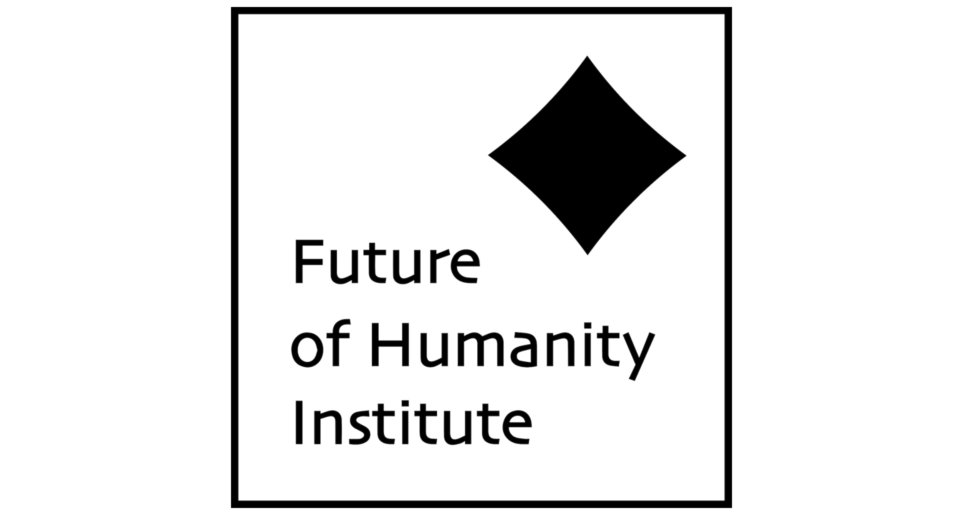Nick Bostrom sparked a global AI debate, but his institute couldn’t survive academia

The Future of Humanity Institute (FHI) at the University of Oxford, one of the world’s leading think tanks on topics such as existential risks and the future of artificial intelligence, is shutting down after almost 20 years of operation. According to a final report by long-time researcher Anders Sandberg, this decision was made due to bureaucratic hurdles.
Founded in 2005 by Professor Nick Bostrom, the institute brought together researchers from various disciplines. The goal was to anticipate technological developments that could fundamentally change human existence.
The founding was made possible primarily through a generous donation from entrepreneur James Martin. The Oxford Uehiro Centre for Practical Ethics also supported the institute in its early days. In the following years, FHI built an interdisciplinary network and established itself as a thought leader in its core topics.
Superintelligence, biosecurity, and a vulnerable world
One of the main research areas was global catastrophic risks and existential risks, i.e. threats that could lead to the extinction of humanity. Many concepts that are widespread today, such as the “Vulnerable World” hypothesis, go back to FHI’s work. Biosecurity and pandemic preparedness were also a focus.
Ad
Ad
The institute placed a special early focus on the future of artificial intelligence. Nick Bostrom’s 2014 book “Superintelligence” sparked a worldwide debate about the risks of advanced AI. FHI subsequently built an AI governance program that dealt with regulatory issues. Other topics included the safety and controllability of AI systems.
Other lines of research dealt with whole brain emulation, “longtermism,” digital consciousnesses, and the search for extraterrestrial intelligence. Applied epistemology and decision theory under uncertainty were also part of the portfolio.
Future of Humanity Institute closes, but its ideas live on
Many of FHI’s ideas and concepts found their way into culture and politics. For example, they advised the British Parliament and the United Nations. Some spin-offs like the Centre for the Governance of AI became independent.
Despite successes, the institute was increasingly confronted with bureaucratic hurdles, according to Sandberg. Fundraising and hiring of new staff were blocked. In 2023, the faculty decided not to renew expiring contracts. On April 16, 2024, FHI was officially closed.
Existential risk: university politics
To prevent the closure, more investment in university politics and social relationships may have been needed to build a lasting and stable relationship with the faculty, the final report states. Better communication and cooperation with the surrounding academic community could have avoided misunderstandings and fostered stronger support for FHI within the university, Sandberg said.
Recommendation
The institute’s legacy lives on in the many researchers and organizations it has inspired, Sandberg said. Whether there will be a successor project is an open question. The key, FHI members say, is to focus on the really important questions for humanity – and to find answers that make a difference.










